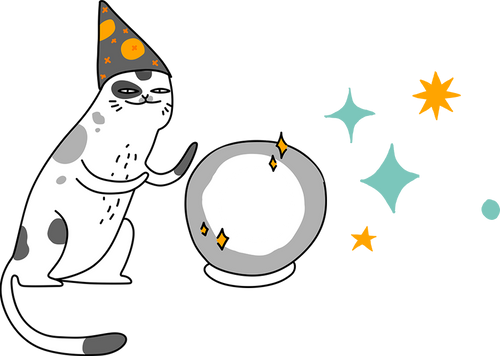You know that when you make yourself comfortable on your meditation cushion, relax, close your eyes and meditate you will feel calmer and more focused when you open your eyes. Have you ever wondered what is happening in your brain during meditation that allows you to feel this way afterwards?
Meditation is an age-old practice that has been used by people for centuries for the benefits it offers. Modern medical research methods are now shedding some light on exactly what happens to your brain when you meditate that brings about these perks.
No matter what your preferred style of meditation is, or whether you meditate for five minutes or twenty minutes, your brain is going to be positively affected. The great thing is that not only will you feel better straight away, but your mind will enjoy some long-lasting benefits too.

THE SHORT TERM EFFECTS OF MEDITATION ON THE BRAIN
Whether you are new to meditation or a seasoned pro, you will have experienced the blissful calmness you feel after meditating. If you need a bit of help getting started, you can read this useful guide from mindful.org. The immediate sense of wellbeing probably only lasts as long as it takes to make your morning cup of tea. But, don’t let that put you off.
Although changes in brain structure and function take time and months of regular meditation, the chemicals in your brain can change in just one session. A study that looked at the “ Immediate and long-term effects of meditation on acute stress reactivity, cognitive functions, and intelligence ”, subjected their participants to stress in the form of video games¹.
We all know that even the simplest game of popping bubbles can get your heart rate up! That is exactly what the scientists observed. The computer games produced a physiological stress reaction in the body.
When the participants were asked to meditate after their stressful gaming session, the researchers found that the practice was linked to a physiological relaxation response. The results of another study that was published in 2021 confirmed that your average heart rate drops during meditation².
The video game study also found that meditation can increase your reaction time. If you’re playing a computer game, that is probably going to give you a better score or get you to that boss level quicker!

THE LONG TERM EFFECTS OF MEDITATION ON THE BRAIN
The real benefits of the effects of meditation on the brain are only noticeable after a couple of months of regular practice. So, while you can reap the immediate rewards of reduced stress and anxiety from day one, after a period of time the structure and the way your brain works will change.
When examining what happens in the brain when someone takes up the practice of meditation, scientists observe some remarkable changes in structure and communication within the brain. Studies have shown³:
1. The initiation of neuroplasticity (changing nerve connections)
2. A reduction in age-related degeneration (less chance of developing Alzheimer’s Disease)
3. Improved cognitive function that includes:
- Improved ability to pay attention - a good thing for work… and computer games!
- Better working memory - no more forgetting what you walked into the room for.
- Improved spatial abilities - being able to recognise and organise shapes in your mind, useful for building puzzles and getting yourself from home to the office.
- Enhanced long term memory - no more having to look up facts that you know you know.
Modern medical tools make it possible to investigate the changes that take place in the brain as a result of regular meditation. Structural Magnetic Resonance Imaging (sMRI) studies have shown an increase in the density of grey matter and cortical thickness in areas of the brain that are involved in mood, memory and attention. Your brain actually grows when you meditate regularly!

REGULAR MEDITATION CHANGES THE STRUCTURE AND FUNCTION OF THE BRAIN
Based on scientific evidence, the transformation you experience in your daily life as a result of meditating consistently, is brought about by changes to the structure and function of your brain. Taking time out to focus your mind has both immediate benefits (like higher game scores) and long term effects on brain health. So, make yourself comfortable on your organic meditation cushion, close your eyes, focus on your breath, and meditate your way to better brain function.






